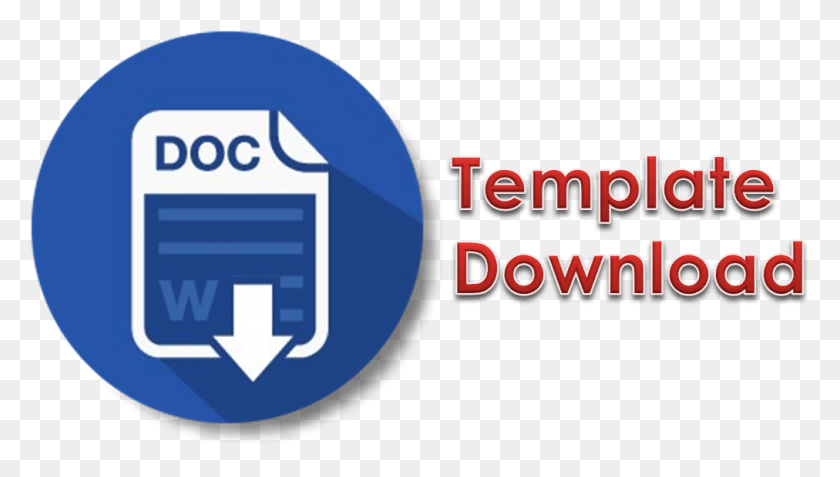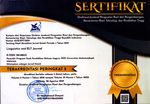EFL Students’ Writing Self-Efficacy and Writing Self-Regulated Strategies in Undergraduate Thesis Writing
Abstract
Keywords
Full Text:
PDFReferences
A. Rastri, Y. S. Rezeki, U. Salam, D. Riyanti, and S. Surmiyati, “An Analysis of Students’ Problems in Writing a Research Proposal,” Acitya J. Teach. Educ., vol. 5, no. 1, pp. 57–71, 2023, doi: 10.30650/ajte.v5i1.3479.
Y. C. G. Mali, “Efl Students’ Challenges in Writing Research Proposals,” LLT J. J. Lang. Lang. Teach., vol. 26, no. 1, pp. 272–289, 2023, doi: 10.24071/llt.v26i1.5296.
A. Hapsari and T. A. Fatmasari, “Online Self-Regulated Learning Strategies in the Process of Writing Undergraduate Thesis: A Survey Study,” J. English Educ., vol. 8, no. 2, pp. 58–72, 2022, doi: 10.20885/jee.v8i2.24333.
R. Mahfudhoh, “Students’ Self-Regulated Learning Process in Thesis Writing at English Language Education Department UIN Sunan Ampel,” UIN Sunan Ampel, 2019. [Online]. Available: https://digilib.uinsa.ac.id/38608/2/Roudlotul Mahfudhoh_D95214119.pdf
T. Sun and C. Wang, “College students’ writing self-efficacy and writing self-regulated learning strategies in learning English as a foreign language,” System, vol. 90, p. 102221, Jun. 2020, doi: 10.1016/j.system.2020.102221.
L. S. Teng, “Explicit strategy-based instruction in L2 writing contexts: A perspective of self-regulated learning and formative assessment,” Assess. Writ., vol. 53, p. 100645, Jul. 2022, doi: 10.1016/j.asw.2022.100645.
Q. Zhou, L. Chen, and X. Hou, “Exploring Chinese EFL undergraduates’ writing from sources: Self-efficacy and performance,” Assess. Writ., vol. 54, p. 100663, Oct. 2022, doi: 10.1016/j.asw.2022.100663.
D. Zhang and L. J. Zhang, “Metacognition and Self-Regulated Learning (SRL) in Second/Foreign Language Teaching,” 2019, pp. 883–897. doi: 10.1007/978-3-030-02899-2_47.
J. H. Flavell, “Metacognition and cognitive monitoring: A new area of cognitive–developmental inquiry.,” Am. Psychol., vol. 34, no. 10, pp. 906–911, Oct. 1979, doi: 10.1037/0003-066X.34.10.906.
J. H. Flavell, “Cognitive monitoring,” in Children’s oral communication skills, W. . Dickson, Ed., New York: Academic Press, 1981, ch. Cognitive, pp. 35–60. [Online]. Available: http://books.google.com/books?id=ezR-AAAAMAAJ
D. Arliyanti and A. Hapsari, “EFL Undergraduate Students’ Cognitive Strategies in Process-Based Writing,” Pioneer J. Lang. Lit., vol. 14, no. 2, p. 376, Dec. 2022, doi: 10.36841/pioneer.v14i2.1693.
Z. Dörnyei, The Psychology of the Language Learner. Routledge, 2014. doi: 10.4324/9781410613349.
L. J. Zhang and D. Zhang, “Metacognition in TESOL : Theory and Practice,” in The TESOL Encyclopedia of English Language Teaching, Wiley, 2018, pp. 1–8. doi: 10.1002/9781118784235.eelt0803.
L. S. Teng and L. J. Zhang, “A Questionnaire‐Based Validation of Multidimensional Models of Self‐Regulated Learning Strategies,” Mod. Lang. J., vol. 100, no. 3, pp. 674–701, Sep. 2016, doi: 10.1111/modl.12339.
L. S. Teng and L. J. Zhang, “Effects of motivational regulation strategies on writing performance: a mediation model of self-regulated learning of writing in English as a second/foreign language,” Metacognition Learn., vol. 13, no. 2, pp. 213–240, Aug. 2018, doi: 10.1007/s11409-017-9171-4.
C. Wang and B. Bai, “Validating the Instruments to Measure ESL / EFL Learners’ Self‐Efficacy Beliefs and Self‐Regulated Learning Strategies,” TESOL Q., vol. 51, no. 4, pp. 931–947, Dec. 2017, doi: 10.1002/tesq.355.
B. J. Zimmerman and R. Risemberg, “Becoming a Self-Regulated Writer: A Social Cognitive Perspective,” Contemp. Educ. Psychol., vol. 22, no. 1, pp. 73–101, Jan. 1997, doi: 10.1006/ceps.1997.0919.
B. Ai, “A Study of the EFL Writing of Chinese Learners: A Critical Narrative,” Chang. English, vol. 22, no. 3, pp. 294–306, Jul. 2015, doi: 10.1080/1358684X.2015.1056091.
A. Mahboob, “Understanding and Providing ‘Cohesive’ and ‘Coherent’ Feedback on Writing,” Writ. Pedagog., vol. 7, no. 2–3, pp. 355–376, Jul. 2015, doi: 10.1558/wap.v7i2-3.26461.
Z. Rahmadhani and A. Hapsari, “Undergraduate Students’ Perception of Lecturers Written Corrective Feedback in the Process of Writing Undergraduate Thesis,” ELT Echo J. English Lang. Teach. Foreign Lang. Context, vol. 8, no. 2, p. 135, Nov. 2023, doi: 10.24235/eltecho.v8i2.13399.
DOI: https://doi.org/10.31764/leltj.v12i2.26663
Refbacks
- There are currently no refbacks.
Copyright (c) 2024 Astri Hapsari

This work is licensed under a Creative Commons Attribution-ShareAlike 4.0 International License.
_____________________________________________________
Linguistics and ELT Journal
p-ISSN 2339-2940 | e-ISSN 2614-8633

LELTJ is licensed under a Creative Commons Attribution-ShareAlike 4.0 International License.
_____________________________________________________
LELTJ is abstracting & indexing in the following databases:
_____________________________________________________
LELTJ Editorial Office:













